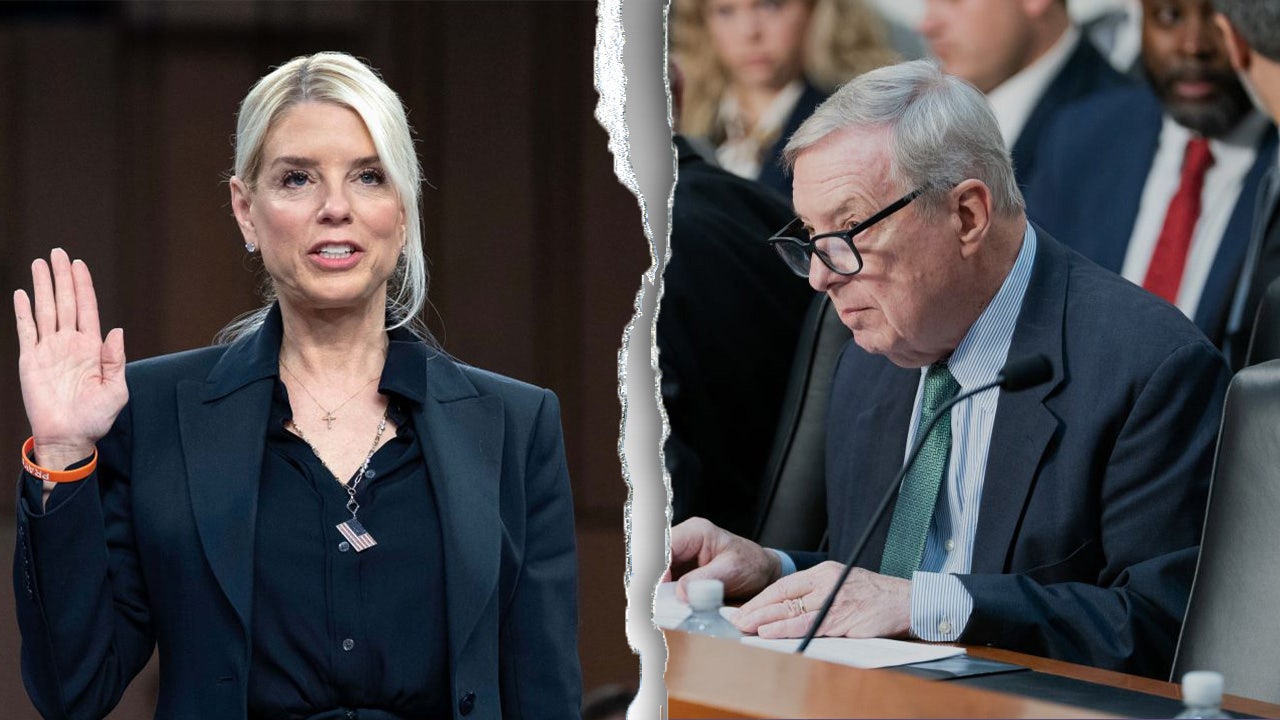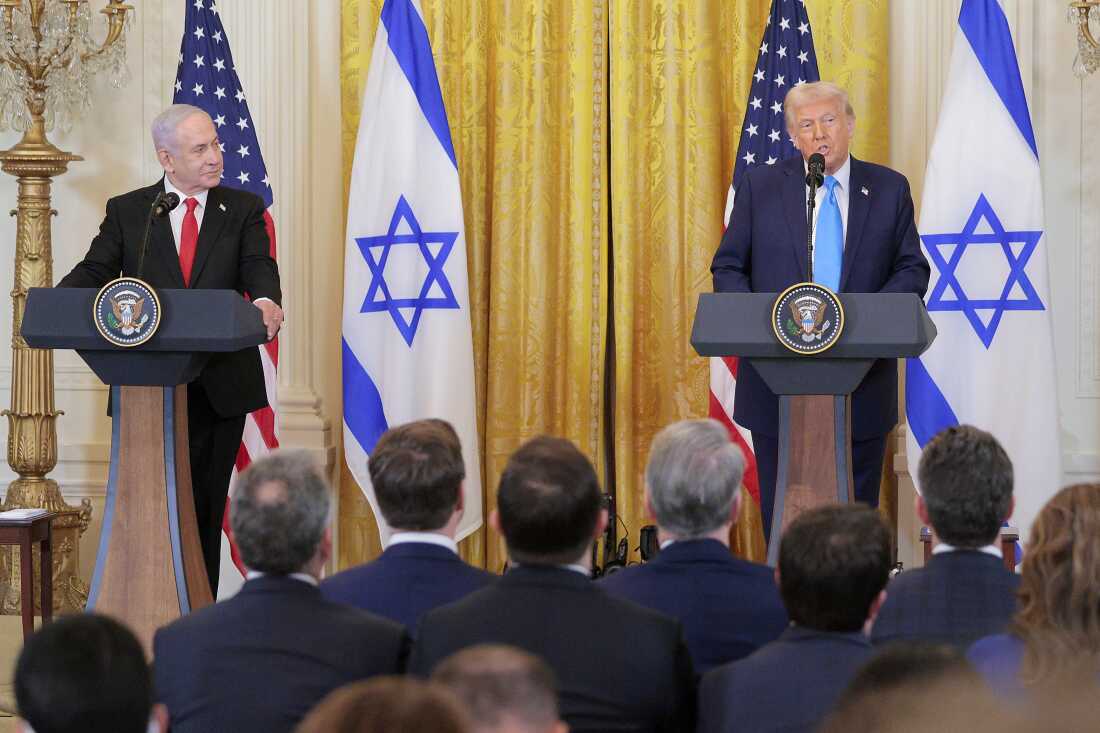
A fiery exchange erupted on Capitol Hill as Senator Dick Durbin (D-Illinois) confronted Attorney General Pam Bondi over the Trump administration’s deployment of National Guard troops to Chicago, accusing her of hiding critical details from both Congress and the public.
During the tense Senate Judiciary Committee hearing, Durbin pressed Bondi to explain who authorized the operation, whether Illinois officials were consulted, and why the deployment was kept secret. Frustration boiled over when Bondi repeatedly dodged the questions.
“Why do you want to keep this secret?” Durbin demanded. “The American people deserve to know who made the decision to send troops into an American city.”
Bondi fired back sharply, accusing Durbin of politicizing the issue and defending the Trump administration’s actions as necessary to restore law and order.
“If you won’t protect your citizens, President Trump will,” she retorted. “I wish you loved Chicago as much as you hate President Trump.”
The exchange highlighted deep divisions over the federal deployment of troops to Democratic-led cities, a controversial policy critics describe as politically motivated and constitutionally questionable.
Legal and Political Tensions
Reports indicate that several units of the Texas National Guard were sent to Chicago earlier this month, allegedly to assist federal agencies with “public safety operations.” However, Illinois state leaders said they were not notified in advance, prompting accusations that the move violated state sovereignty.
Legal experts have warned that such unilateral deployments risk undermining the Posse Comitatus Act, which restricts the use of federal troops for domestic law enforcement. The state of Illinois and the city of Chicago have since filed lawsuits seeking to block the federal action, arguing that the White House exceeded its authority.
A federal judge temporarily halted the deployment for two weeks, citing the government’s failure to present clear evidence of an emergency or insurrection that would justify bypassing state approval.
Bondi’s Defense and the Broader Debate
Throughout the hearing, Bondi defended the administration’s position, insisting the troop presence was lawful, limited, and necessary to curb violent crime and protect federal facilities. She accused critics of “playing politics while people are dying.”
Durbin countered that such secrecy erodes public trust and blurs the line between civilian law enforcement and military authority. “We’re not a country that hides its deployments from its own people,” he said.
Broader Implications
The Durbin-Bondi clash has become symbolic of the mounting struggle between federal authority and state rights under Trump’s “law and order” agenda. Many observers see it as part of a broader pattern in which the administration uses security operations to assert control over Democratic-governed states.
Civil rights advocates have warned that the lack of transparency surrounding the troop orders could set a dangerous precedent, allowing future administrations to bypass state governments under vague claims of national security.
As lawsuits and investigations continue, both sides appear unyielding. Durbin has vowed to subpoena internal communications if Bondi’s office refuses to release documents related to the Chicago operation. Meanwhile, Bondi maintains the Justice Department acted fully within its legal authority — and she’s not backing down.
Watch video below :









